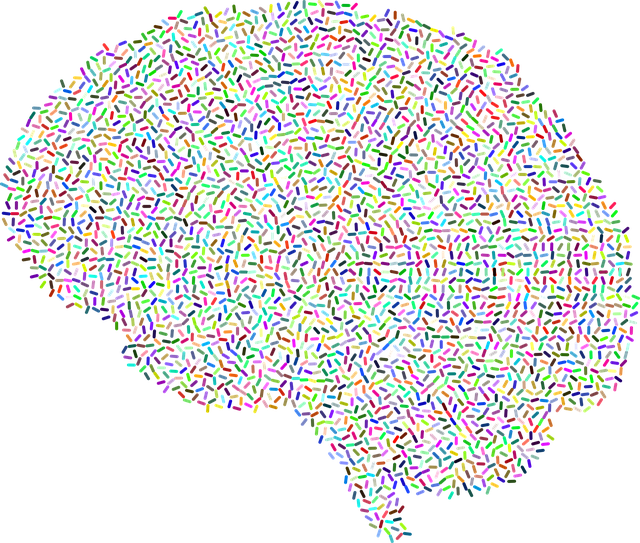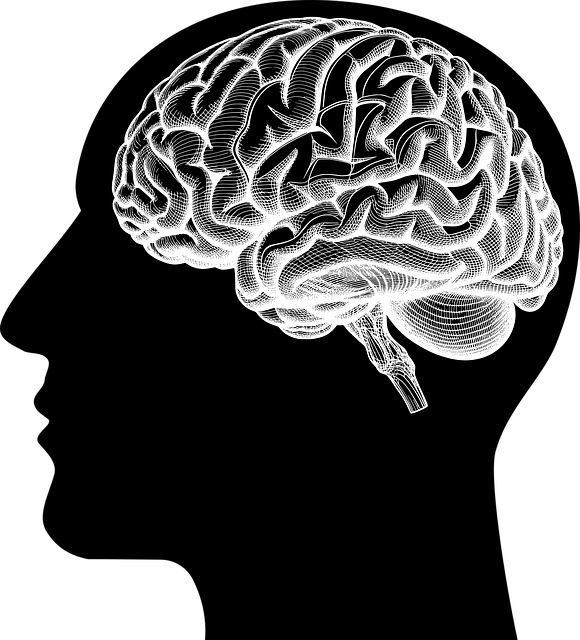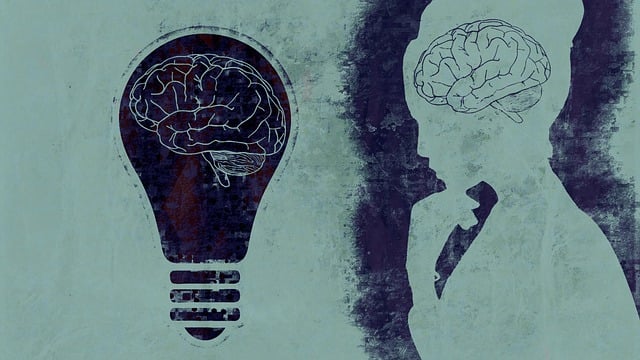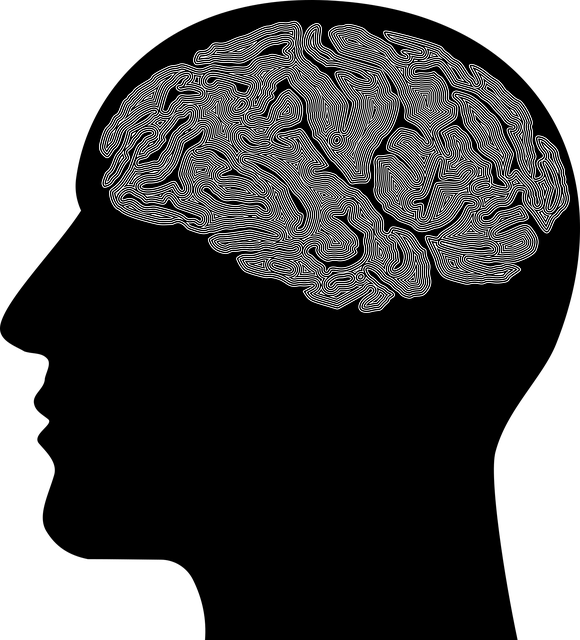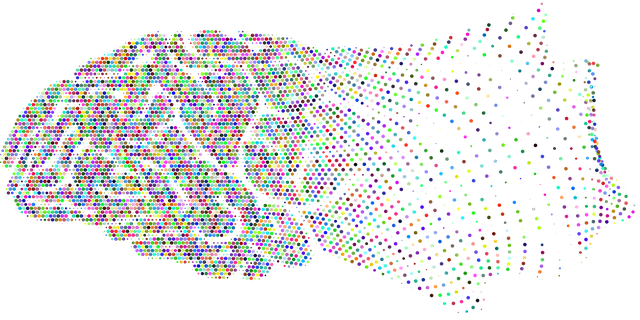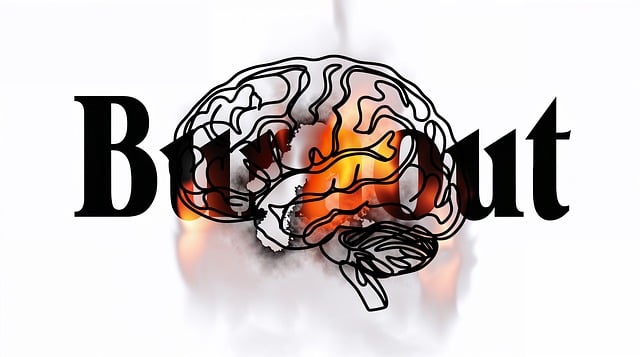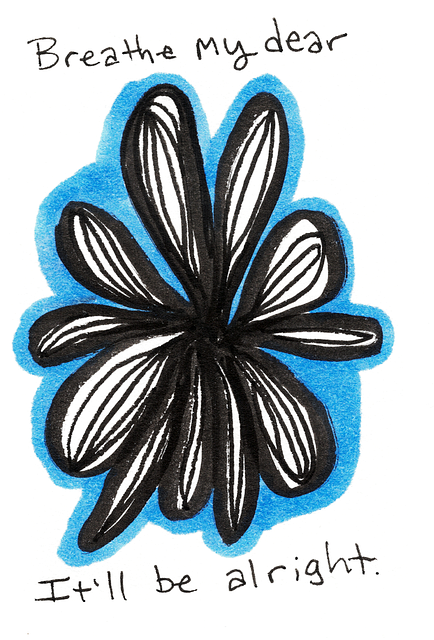Community outreach programs in Lone Tree, focusing on mental health, particularly PTSD, use compassion cultivation and evidence-based techniques like CPT and EMDR. These initiatives, combined with education and partnerships, create a supportive environment for healing and resilience. Measuring success through data includes participant engagement, satisfaction, and improved skills, ensuring community sustainability and access to support networks. Lone Tree Post-Traumatic Stress Disorder Therapy programs aim to empower individuals, build community resilience, and foster a brighter future.
Community outreach programs play a pivotal role in addressing mental health challenges, especially in areas like Lone Tree where tailored support is crucial. This article delves into three key aspects of implementing effective initiatives for Post-Traumatic Stress Disorder (PTSD) therapy. We explore the significance of understanding community needs, successful program implementation strategies, and measuring impact to foster sustainable, resilient communities. By focusing on Lone Tree PTSD Therapy, we highlight innovative approaches that can transform lives and create a supportive network.
- Understanding Community Outreach for Mental Health Support
- Implementing Lone Tree Post-Traumatic Stress Disorder Therapy Programs
- Measuring Success and Building Sustainable Communities
Understanding Community Outreach for Mental Health Support

Community outreach programs play a vital role in addressing mental health concerns within diverse populations. Understanding the unique needs and barriers of different communities is essential to developing effective strategies for support. For instance, in areas affected by trauma or post-traumatic stress disorder (PTSD), such as Lone Tree, implementing tailored initiatives can make a significant impact. These may include programs focused on compassion cultivation practices, which foster empathy and reduce symptoms of anxiety and depression.
Mental wellness coaching programs development should consider the cultural context and incorporate evidence-based techniques like conflict resolution strategies. By doing so, outreach efforts become more inclusive and accessible, ensuring that individuals from all walks of life have access to the care they need. This approach not only enhances overall mental wellness but also strengthens community resilience.
Implementing Lone Tree Post-Traumatic Stress Disorder Therapy Programs

Implementing Lone Tree Post-Traumatic Stress Disorder (PTSD) Therapy Programs requires a thoughtful, multi-faceted approach that addresses the unique needs of individuals in this area. These programs should be designed with Mind Over Matter principles in mind, focusing on techniques that foster positive thinking and boost confidence. By integrating evidence-based therapies such as cognitive processing therapy (CPT) and eye movement desensitization and reprocessing (EMDR), communities can help those struggling with PTSD heal and reclaim their lives.
Community outreach plays a crucial role in ensuring these programs reach the right people. Educating residents about available resources, dispelling myths surrounding mental health, and fostering open dialogues are essential steps. Through partnerships with local organizations and utilizing social media platforms, Lone Tree’s PTSD therapy initiatives can gain momentum, creating a supportive environment where individuals feel comfortable seeking help. Ultimately, these programs aim to empower individuals to overcome their trauma, cultivate resilience, and embrace a brighter future.
Measuring Success and Building Sustainable Communities

Measuring the success of community outreach programs is essential for building sustainable and resilient communities. This process involves assessing the impact and effectiveness of interventions aimed at addressing various social issues, including mental health concerns such as Lone Tree Post-Traumatic Stress Disorder (PTSD) Therapy. By utilizing data-driven approaches, organizations can identify what strategies are working and make informed decisions to optimize their efforts. Key metrics may include participant engagement, satisfaction levels, and improvements in key areas like anxiety relief or conflict resolution skills, as measured through pre and post-program assessments.
Moreover, fostering community sustainability requires a holistic view that goes beyond immediate program outcomes. It involves equipping individuals with the necessary tools and knowledge to continue their progress independently. This can be achieved through enhancing healthcare provider cultural competency training, ensuring access to ongoing support networks, and promoting community engagement in conflict resolution techniques. By investing in these areas, communities become better equipped to navigate challenges, fostering a more cohesive and resilient environment where residents can thrive.
Community outreach programs, such as those offering Lone Tree Post-Traumatic Stress Disorder (PTSD) therapy, play a pivotal role in enhancing mental health support. By implementing these initiatives, we can measure success through improved community well-being and foster sustainable growth. This holistic approach not only addresses individual needs but also creates a more resilient and connected society. Through understanding and leveraging programs like these, we can ensure that everyone has access to the resources they need to thrive.
